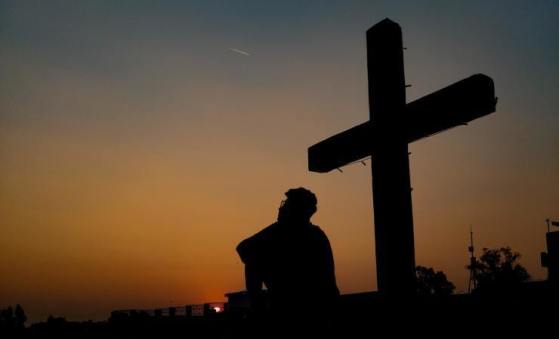A world's leading human rights watchdog has urged India to play a global role in protecting human rights around the world Wednesday as it holds its first international board of directors' meeting in New Delhi.
The of New York-based Human Rights Watch (HRW) said, "India's global leadership on human rights is increasingly necessary to counteract the negative role played by other powerful states."
The HRW said its board of directors selected India's capital for its quarterly meeting because of India's growing influence on global issues and its importance in the region, and in the hope that India will be prepared to take a leadership role in addressing human rights concerns within its own borders and in the world.
With India's powerful democratic traditions, strong courts, and active civil society, Human Rights Watch also urged India to take steps to improve its own human rights policies and practices.
"The world needs India to raise its voice for human rights around the globe," said Kenneth Roth, executive director of Human Rights Watch.
"But even democracies have serious human rights problems, and there is much the Indian government can do to improve its own human rights record as well," he said.
Roth urged the Indian government to end repressive laws such as the Armed Forces Special Powers Act; to reform security forces, including the police; and to prioritize the protection of vulnerable groups, such as Dalits, religious minorities, and women.
"By taking strong steps to address widespread human rights violations within its own borders, India would serve as a role model in promoting human rights regionally and internationally, and would have the authority to address the most serious problems affecting the region," Roth said.
The HRW was among the human rights watchdogs that was very critical of the way in which Hindu extremists attacked the Christian community in Kandhamal district of Orissa that left dozens of people killed, several thousands displaced and are still languishing in refugee camps even after a year had passed.
Roth also urged the Indian government to raise human rights issues more forcefully in its foreign policy, such as the Burmese junta's treatment of political prisoners and the Sri Lankan government's continued detention of a quarter of a million civilians after the civil war; and to engage actively on rights issues in multilateral forums such as the United Nations, both at the General Assembly in New York and the Human Rights Council in Geneva.
HRW statement said that members of the board of directors, accompanied by its staff including Roth and Meenakshi Ganguly, senior researcher on India, met with representatives of government, business, civil society organizations, media, and human rights groups and "learned a lot from the varied and diverse perspectives offered by them".
HRW researches and documents violations of human rights in more than 80 countries worldwide, including Sri Lanka, India, Nepal, Bangladesh, Afghanistan, China, and Burma.
It monitors human rights developments worldwide and issues detailed reports for policymakers, international organizations, the media, and the general public.
In August this year, U.S. government watchdog on religious freedom placed India on its watch list. The U.S. Commission on International Religious Freedom (USCIRF), a non-partisan independent body said the addition was inevitable due to the frequent outbreaks of violence against religious minorities, especially the Christians.




